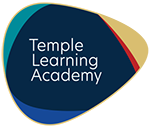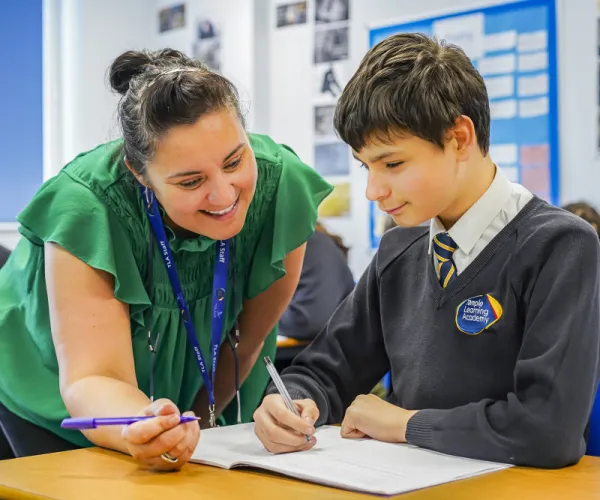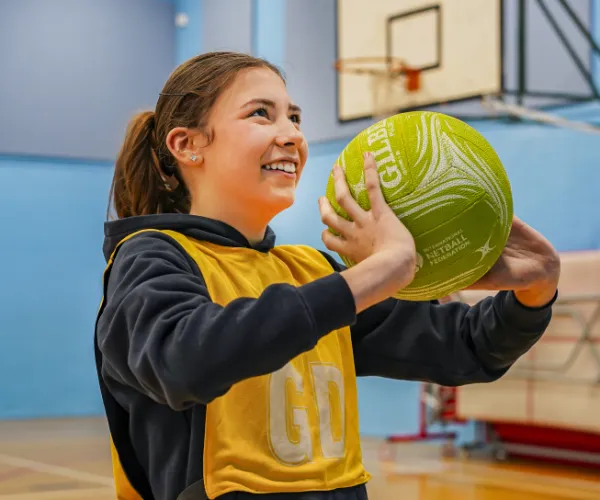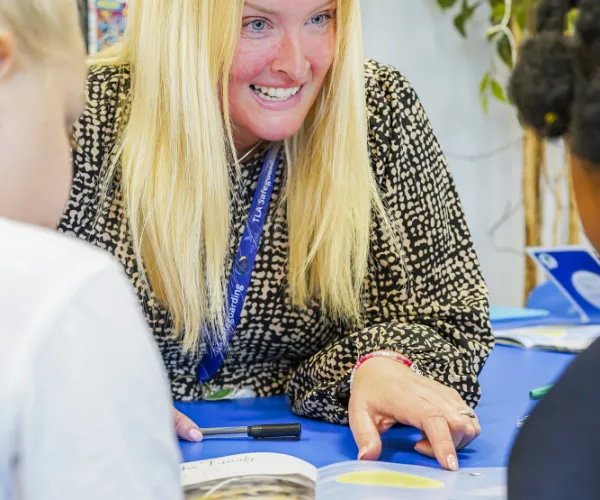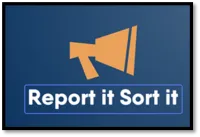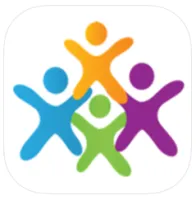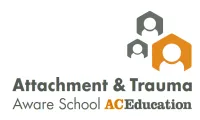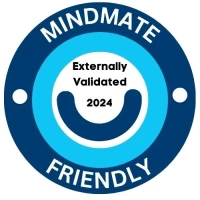- Overview
- Curriculum Vision
- Primary Phase
- Secondary Phase
- Daily Excellence
- Secondary Specific
- Our Curriculum Subjects
- Child Development Curriculum
- English Curriculum
- Maths Curriculum
- Science Curriculum
- MFL - Languages Curriculum
- History Curriculum
- Geography Curriculum
- Religious Education Curriculum
- Art Curriculum
- Music Curriculum
- Drama Curriculum
- Design Technology Curriculum
- ICT Curriculum
- PE and Sport Curriculum
- Citizenship Curriculum
- PSHCE/Personal Development Curriculum
- Secondary Assessment
- Personal Development (RSE/PHSE/SMSC)
- Year 9 Options Choices
- GCSE Exam Information
- Reading at TLA
- Home/Remote Learning
- National Assessments and Exams
- Library
Secondary Assessment
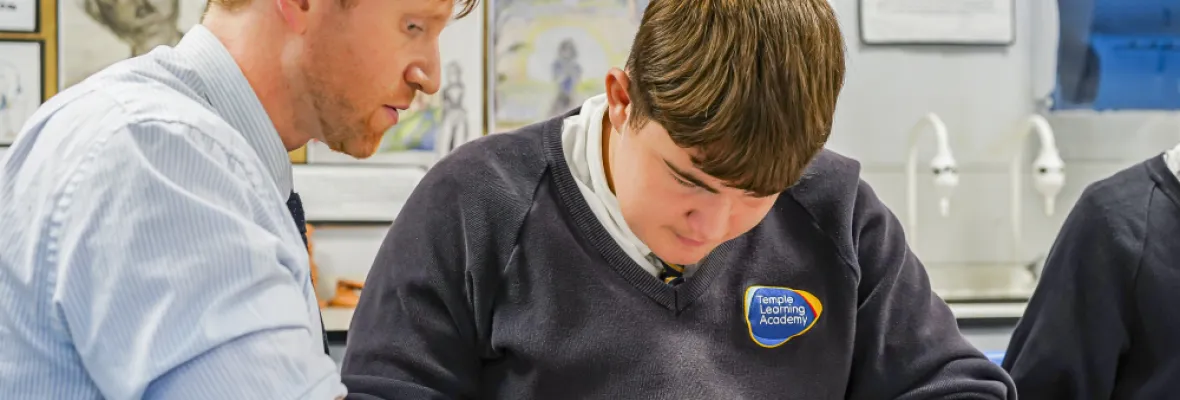 Summary:
Summary:
At TLA, we want every student to feel confident, supported and inspired as they learn. That’s why we plan our curriculum carefully, step by step, so students can build on what they already know and keep moving forwards. Our Progression Essential Knowledge Curriculum provides our teachers with a strong understanding of what students should know and as a result, they can check students’ knowledge quickly and often, and plan timely support to help them stay on track. Our subject experts choose the right way to check understanding at the right time; they draw on a mix of global to individual pedagogical strategies which includes questioning, quizzing and reviewing curriculum products.
Assessment in our classrooms is part of our routines and using their expertise, teachers use it to secure future learning. Revisiting and strengthening key knowledge, ensures students anchor their learning and make connections as they move forwards. At TLA teachers know the importance of understanding each students’ knowledge, skills and ability to combine and apply these to more complex tasks. Our Progression Essential Assessment Model has been designed to check each of these elements of learning so that we can carefully respond to our students’ needs. It also ensures there is rigour in our practice across the curriculum and provides not just our teachers, but also our students, with an understanding of current achievements and next steps.
At Key Stage 4, summative assessment is built to progressively reflect that used in the terminal assessments of exam boards. In the Summer of Year 10, and in January of Year 11, students will sit formal mock examinations which reflect the structure and experience of their final exams.
Methodology of grading at KS3
In KS3, students are assessed against criteria developed by staff which track their progression from Primary school towards GCSE in KS4. These criteria are linked with 4 standards: Foundation, Securing, Advancing and Mastery. Students will also be sub-graded as high, middle or low within each of these levels. For example: Advancing+ means a student is working at the top end of the Advancing level. Advancing= would indicate student working securing at the middle range of this level.
This grading method allows us to ensure that students are making good progress throughout Key Stage 3. We track students regularly across all aspects of the knowledge and skills set out in our curriculum planning. We then compare these ongoing assessment grades to each student's Individual trajectory based on their KS2 outcomes. Where some students fall below the expectations set for them, this allows us to identify those students and put support in place at an early stage, ensuring that all students have a strong and successful Key Stage 3 foundation on which to build at Key Stage 4.
FSAM standards and their relationship to GCSE Grades
|
Foundation |
Students working at this standard are likely to achieve Grade 1-2 in this subject at GCSE if they continue on this trajectory. |
|---|---|
|
Securing |
Students working at this standard are likely to achieve Grade 3 in this subject at GCSE if they continue at this trajectory. |
|
Advancing |
Students working at this standard are likely to achieve Grade 4-5 at GCSE if they continue on this trajectory. |
|
Mastery |
Students working at this standard are likely to achieve Grade 6+ at GCSE if they continue on this trajectory |
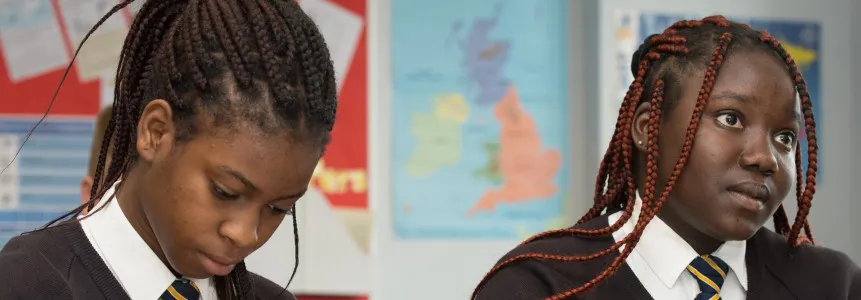
Methodology of grading at KS4
Students are graded in KS4 against the methodology set out by the course specification they are working towards. Teachers utilise the materials provided by the exam board as well as standardisation and moderation practices to ensure the greatest viable accuracy of their grading.
Target grades and trajectories
In KS3, students are provided with a ‘trajectory’ which is based on projection for their likely GCSE grades based on their KS2 SATs score. We use the FFT system to do this, a nationally recognised standard of generating target grades. Where students do not have a KS2 outcome, a personalised target grade is created based on internal assessments. We reviews these targets and trajectories for students each year, raising the bar for those who are meeting and exceeding their targets to allow their aspiration to shine. It is important to know that we use trajectories at TLA as a minimum expectation for our students, no child is ever "capped" at their target grade.
In KS4, students are provided with a target grade based on an FFT20 projection. This is generated based on their KS2 outcomes and then checked internally to ensure it is appropriately ambitious for our students. Where students do not have a KS2 outcome, a personalised target grade is created based on internal assessments.
Target grades are intended to be ambitious but achievable. All staff are aware that target grades reflect the minimum expectation for a student, and are not used as a glass ceiling for those with the aptitude to exceed their targets. As students’ progress through the curriculum, staff will monitor their performance in relation to their target trajectory. Where students are not yet on track to meet their targets, staff will adapt delivery to support the learning and progress of that individual. Where a student show the aptitude to exceed their target grades, staff will utilise their skills to empower students to achieve their full potential.
In KS3 and KS4, staff record a Current Working Grade and Current Predicted Outcome for all students at 3 Data Capture points through the year. Staff will base these data submissions predominantly on how students perform independently in test conditions but will take into account student performance in the round to reach a fair and appropriate professional judgement.
Within workbooks, all students record their progress on a Progress Journey. This helps them to track their progress and achievement through the year along with their teacher. The progress journey should be maintained up to date, with a reasonable amount of leeway given for teachers to give feedback on assessments and get these updated. Progress Journeys should be easily accessible, but not on display to other students. We suggest the inside cover of workbooks.
- Overview
- Curriculum Vision
- Primary Phase
- Secondary Phase
- Daily Excellence
- Secondary Specific
- Our Curriculum Subjects
- Child Development Curriculum
- English Curriculum
- Maths Curriculum
- Science Curriculum
- MFL - Languages Curriculum
- History Curriculum
- Geography Curriculum
- Religious Education Curriculum
- Art Curriculum
- Music Curriculum
- Drama Curriculum
- Design Technology Curriculum
- ICT Curriculum
- PE and Sport Curriculum
- Citizenship Curriculum
- PSHCE/Personal Development Curriculum
- Secondary Assessment
- Personal Development (RSE/PHSE/SMSC)
- Year 9 Options Choices
- GCSE Exam Information
- Reading at TLA
- Home/Remote Learning
- National Assessments and Exams
- Library
